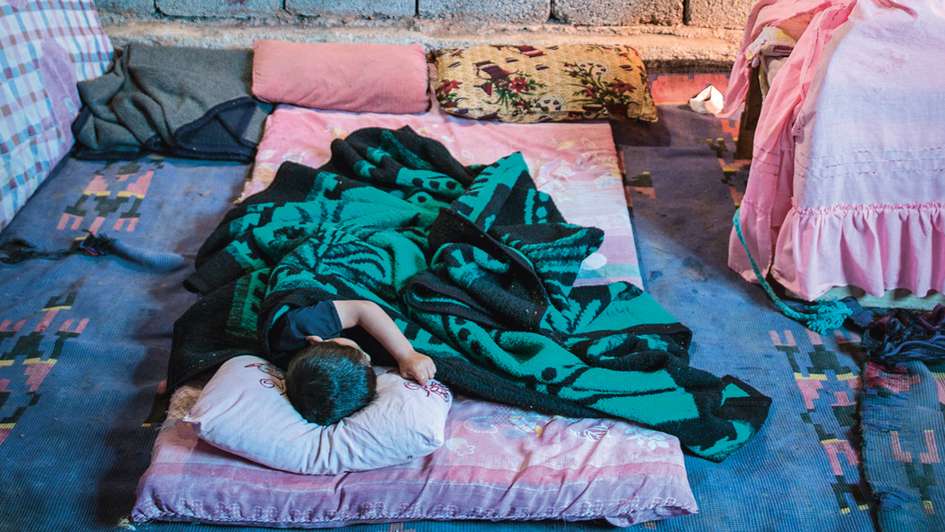Hunger Can Be Conquered – as "Famines Are Manmade Disasters“
Hunger is a manmade disaster. Thus man are also able to end hunger. A comment on the link of armed conflict and hunger.

One of the great achievements of the last fifty years has gone almost unremarked: Great and calamitous famines, once the drumbeat of life and death across Africa, Asia and Europe, have been banished. From the 1870s to the 1960s, the numbers of people dying in famines each decade could be counted in millions or tens of millions.
Since then it has dropped precipitously: no famine death toll has approached a million since the 1980s.
What is happening? The figures tell a fascinating story—part geography, part politics.
About 145 million people have died in great famines since 1870. Of these, nearly 75% died in Asia. In the 19th and early 20th century, the main cause of Asian mass starvation was imperial subjugation, which left agrarian economies desperately vulnerable to drought, pest, flood or food price hike. During World War II all sides caused famines.
Europe—particularly Russia—figures second in this grisly historical accounting. Calamities such as the starvation during the Russian civil war of the 1920s, the Ukrainian Holodomor, and the Nazi Hunger Plan, killed an estimated 22 million people in between the 1920s and 1940s.
The principal reasons, as in Asia: starvation as a method of war and totalitarian rule.
Famine in Ethiopia: a combination of war and drought
There was a pulse of acute hunger caused by wars of imperial conquest in the late 19th century. But it was only in the 1980s that Africa became the continent most afflicted by food crisis, most infamously with the Ethiopian disaster of 1983-85, caused by a combination of war and drought.
Famines are manmade disasters. Today no government considers millions of people expendable, in the way that imperial rulers, communist central planners, and practitioners of wars of extermination used to do. That’s progress. But there’s still much to do.
Today’s famines are caused by armed conflict.
The worst of the last decade was in Somalia in 2011, killing perhaps 250,000 people. Most of these were in areas controlled or contested by the extremist group Al-Shabaab. There’s severe hunger in many pockets of Syria today, where the diverse armed groups—including the Islamic State—are besieging civilian populations. In both countries, U.S. counter-terrorist policy is also implicated in starvation, because it impedes humanitarian agencies providing succor to stricken civilians. The rationale is that an aid group helping civilians might also give some help, however minimal, to groups designated as terrorists, which is prohibited by U.S. law.
Providing aid in a war zone is difficult enough, as shown in South Sudan today, where humanitarian agencies must navigate fractious front lines and deal with paranoid military commanders ready to steal and murder.
It’s made still harder if U.S. legislation threatens to put an agency out of business if it deals, wittingly or unwittingly, with a person or group on a terrorist list. This law this is not only unethical but counterproductive:
The only people who can gain from needless starvation in Somalia, Syria or elsewhere, are those same extremists who, careless of the lives of their own people, accuse western countries of hypocrisy and inhumanity.
„No famine on our watch“ must be priority
A humanitarian exemption on legislation prohibiting contact with terrorists is needed.
We are close enough to eliminating famines from the world, that it could be achieved by 2030—the target date for the Sustainable Development Goals. The overriding requirement is that the world’s major powers declare, ‘no famine on our watch’, and adopt an overriding obligation to provide necessary succor to all people in desperate need, regardless of circumstance.
Alex de Waal is executive director of the World Peace Foundation and a research professor at the Fletcher School for Law and Diplomacy at Tufts University, Massachusetts, USA. He has written widely on conflict and famine in Africa.






